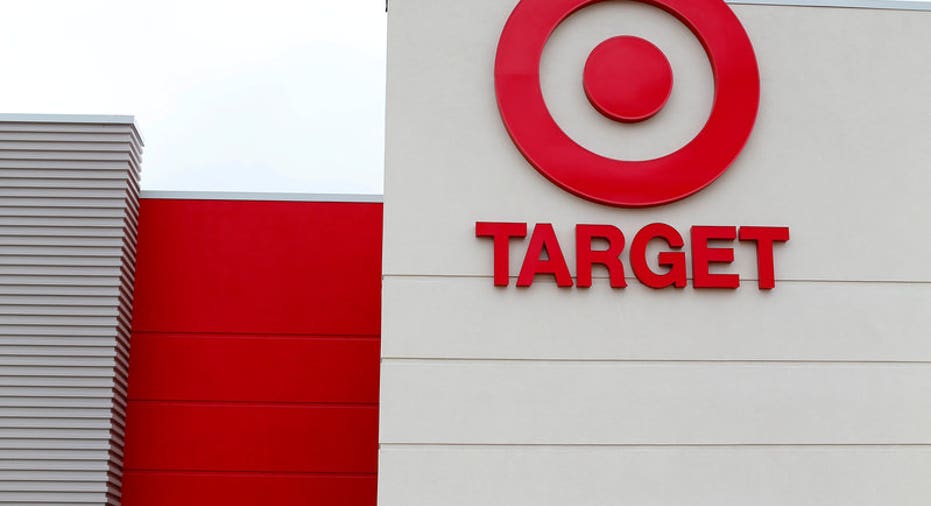CEOs of Target, ADM square off on U.S. border tax at hearing

The chief executive officers of two major American companies - retailer Target Corp and agribusiness Archer Daniels Midland Co - offered opposing views in a hearing before U.S. lawmakers on Tuesday on a proposed border adjustment tax.
Target CEO Brian Cornell has been one of the most vocal opponents of the Republican-backed border adjustment tax and testified alongside Juan Luciano, president and CEO of ADM, who spoke in favor of the proposal.
The border tax would imposes a tax on imports while providing a credit for exports and has been proposed by House Republicans as part of a larger tax code overhaul. Target is a big importer of goods, while ADM exports.
House Speaker Paul Ryan argues the proposed border tax, which is estimated to garner $1 trillion, will not affect prices and will allow rate cuts for businesses while not creating deficits, but retailers warn that it could raise consumer prices as much as 15 percent.
Cornell and Luciano took staunchly different positions on the tax.
"Under the new border adjustment tax, American families – your constituents – would pay more so many multinational corporations can pay even less," Cornell told the committee.
Luciano, on the other hand, argued that the tax would make American companies more competitive.
"A competitive tax code will help us continue providing American-made food and feed to our customers in the United States and abroad in the face of robust and, from a tax perspective, ever strengthening competition from abroad," he said.
The outlook for passage of the border tax - which drew staunch opposition from retailers - remains perilous, especially as key Senate Republicans and President Donald Trump have refused to endorse it.
Several Republican members of the committee expressed concerns about the tax during the hearing that stretched more than three hours, including Republican Representative Jim Renacci who argued the proposal could hurt small businesses that rely on imports.
Dimming the prospects more, lawmakers and lobbyists have begun to speculate that Congress will be unable to rally support for a sweeping tax code overhaul this year, and are beginning to look instead at cutting tax rates without broad reform.
The committee heard from two additional supporters of the tax, including William Simon, the former CEO of Wal-Mart Stores Inc, who despite his past with a large retailer that opposes the tax, endorsed the measure.
"We will see more good middle class jobs, a robust U.S. economy and an era of growth that will be led by a new industrial revolution," Simon said.
Lawrence Lindsey, the former director of the National Economic Council under President George W. Bush, also supported the tax.
Economist Kimberly Clausing, of Reed College, criticized the proposal, saying she disagrees with the argument by proponents that currency markets would prevent consumer prices from increasing.
"This is an untested tax reform that is not ready for primetime," she said.
(Reporting by Ginger Gibson; editing by Lisa Shumaker, Bernard Orr)



















